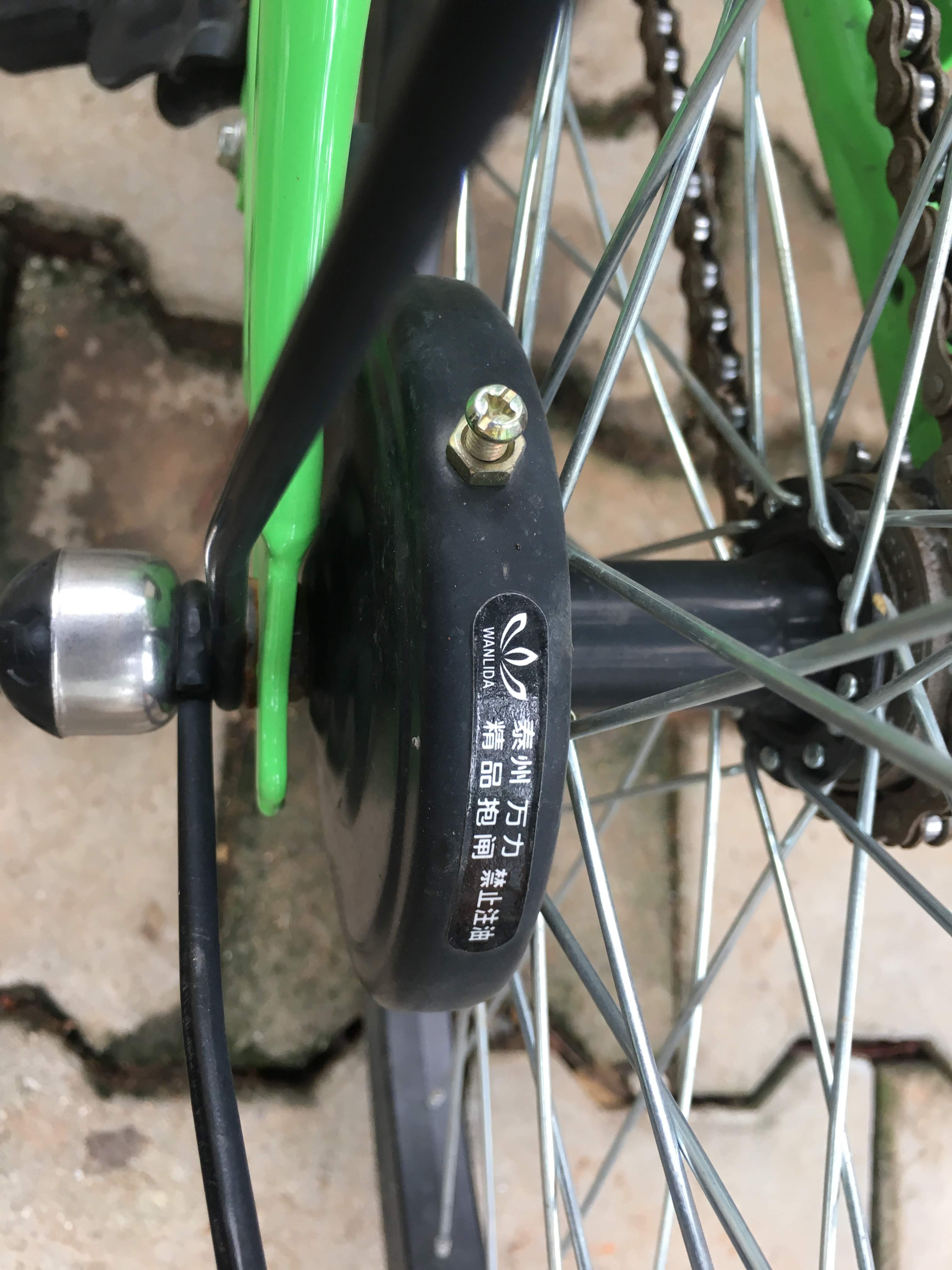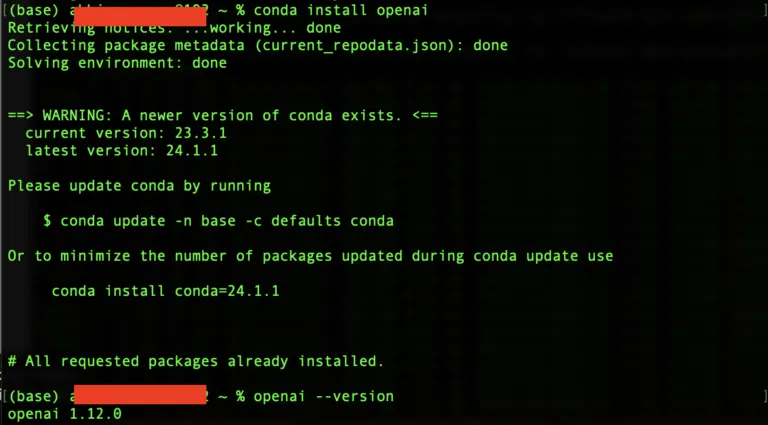It’s been a couple of weeks now in Bangalore and I seem to be settling into the place. The schedule is quickly becoming a well-oiled routine with a nice mix of weird roommates, interesting eateries, awesome office and smart products.
A couple of products have greatly impressed me due to the use case and some brilliant product thinking behind the delivery. Pedl by Zoomcar is one of them. It has two things going for it, which has eased my life :
- Incredibly cheap at a rental cost of Rs 3 per half hour.
- Cycling to work and back is helping me add some activity to my otherwise sedentary lifestyle.
What’s the whole deal about?
It’s a bicycle rental service where you can pick up the cycle from one station and ride off to another station close to the destination. This process is fully automated with no manual intervention involved with the aid of an app.
Where is it available?
A couple of places in Bangalore have the service. The whole educational hub of Ashwath Nagar, with Ramaiah & IISc around. The other place is the startup hub of Koramangala. Both these areas have early adopters making them good for testing and product iteration.


How does this work?
The product has two components it : The cycle (mechanical hardware) and the electronic components/software including the app. The whole experience is an amalgamation of the two aspects.
- You locate the station close to the starting point on a map. The green tags are the cycle stations.
- You spot the cycle you like. All are the same but you still gotta choose !!
- Finally, open the app and unlock the cycle by pointing the phone camera at the QR code.


Experience: Cycle
- The technology part is primarily when starting and ending the trips at the designated cycle stations. The cycle is similar to any other ordinary one.
- The cycles are all of standardised types with a disc brake at the front.
- They seem to be imported from China.


Experience: Technology & Challenges
The technology while seemingly simple has quite a few challenges before this becomes a seem less experience and becomes a mass product.
Battery :
The smart locks probably have a battery which unlocks the physical lock of the cycle. Quite often, a drained out battery will result in a trip starting on the app but the cycle won’t unlock.
Phone GPS :
The other issue is the inaccuracy of mobile GPS which has an error radius of a few meters. This often results in users’ unable to end trips. The GPS location is unmatched with the destination cycle and you are not able to end the trip.
Update:
You have a pin available on maps to point to the right destination. GPS now acts only as a rough estimate. It definitely solves this problem.
Experience: Customer Service & Operations
The customer experience was very prompt and automated with refunds processed in couple of minutes for failed trips.
- This makes sense because you are better off refunding than putting together a phone-based customer service.
- The low cost of the product makes sense for something like that, but it will become an economic hindrance when trying to scale up.
- There is also the operational challenge of theft etc but I guess, the smart lock must have some kind of provision to deal with that.
Despite the challenges, Pedl is an amazing concept which should be able to capture people’s attention as health consciousness and lifestyle become more popular. The way the product is being rolled out should act as a lesson in Product Management with the systematic process and experimental learning at the core.
Edit: Unfortunately, the whole cycle’s concept has failed to take off in Bangalore. Pedl has been discontinued, Ofo (Chinese Guys) dumped the cycles and left. The only remaining player Ulu has pivoted to a small electric scooter-type vehicle.
Takeaways
- The infrastructure issue was always going to be a problem.
- The cycles had lots of hardware issues in terms of the lock. It often got stuck and proved to be the Achilles heel otherwise overall well-done product experience.
- The unit economics never probably made sense taking the hardware failure rate into account.
- The service had to achieve critical mass for the availability of cycles in different stations.
- Un-symmetric usage like cycling to work during the morning but rick by evening meant, that Pedl had to constantly transport cycles to maintain decent availability in each station.


